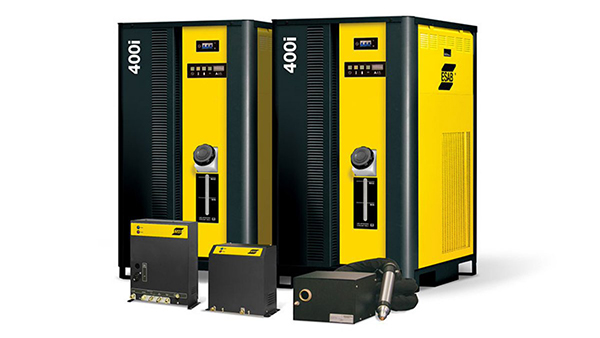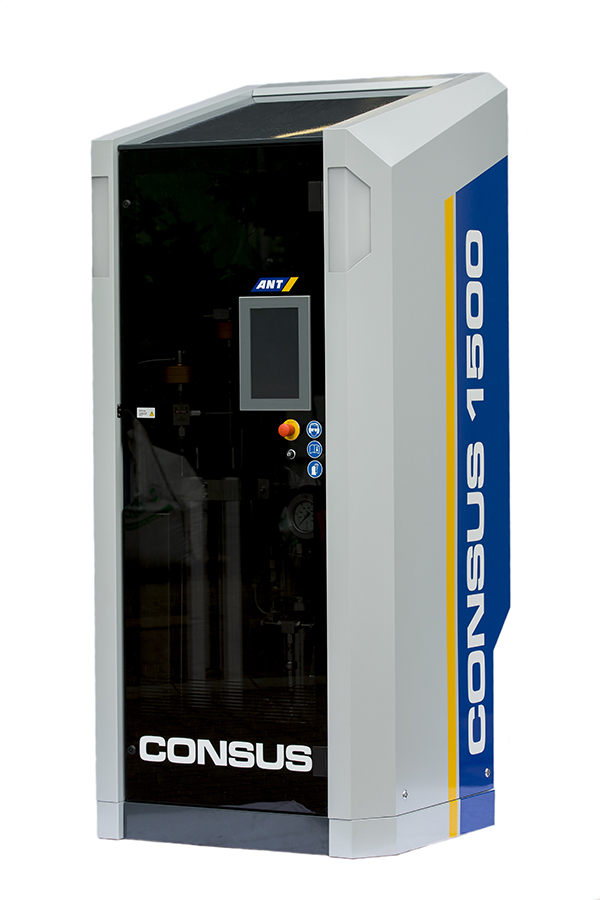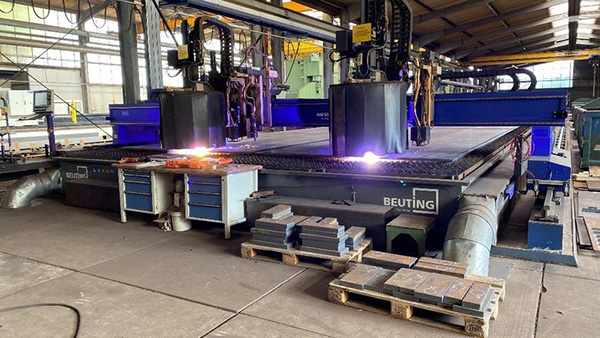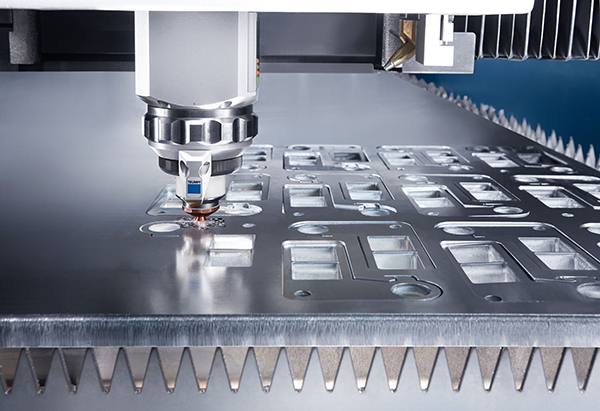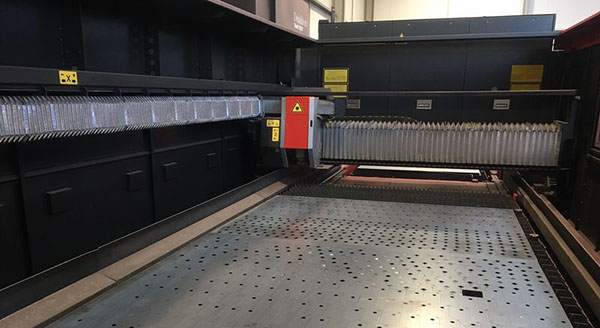
For increased productivity when performing automated plasma cutting, ESAB has launched enhanced versions of its 200, 300 and 400 A iSeries high-precision plasma power sources to double cutting output to 400, 600 or 800 A, respectively. This new capability, standard on iSeries systems manufactured after 1 March, requires using matching consumables, a connection kit with cabling and associated software for the controller.
“The concept is similar to paralleling two welding power sources to use larger diameter electrodes for increased productivity,” explains Dirk Ott, VP – global plasma automation. “This new capability features some modest software and hardware enhancements, but the challenge was developing the new 600 and 800 A consumables for stainless steel and aluminium.
Ott notes that consumables are the most highly engineered components in an automated plasma cutting system, and that achieving optimal cut quality and speed requires changing consumables to match the application. ESAB now offers consumables for automated plasma cutting outputs from 15 to 800 A.
Target applications include fabricators and steel service centres that use two torches on the same gantry, and those cutting sections of stainless steel and aluminium material up to 160 mm, which are primarily in the power generation, pressure vessel, chemical and petrochemical processing industries.
Users of 600 and 800 A systems mostly want faster cutting speeds on non-ferrous material that ranges from 50 to 100 mm. As an example, the 600 A system cuts 75 mm stainless steel at 330 mm/min using H35 (the H35 process uses 35% hydrogen/65% nitrogen for the plasma gas and nitrogen for the shielding gas).
For further information
www.esab.co.uk






